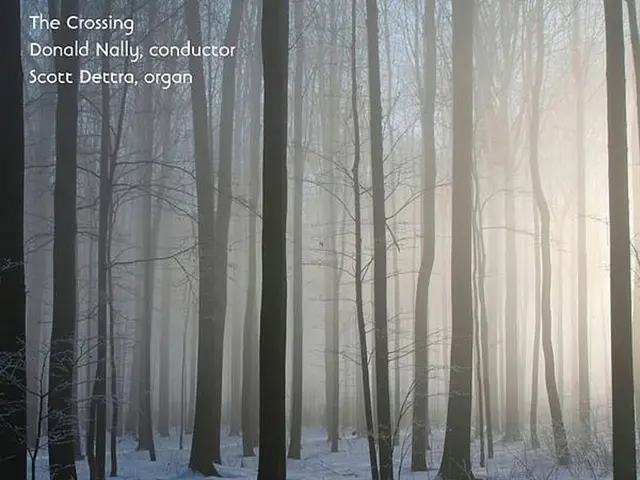Hungary's Prime Minister, Viktor Orban, has asserted that President Zelensky of Ukraine has already suffered a defeat in the ongoing war.
Hungarian Prime Minister Viktor Orbán has taken a stance on the Ukraine-Russia conflict that is notably contrary to the European Union's common position. In an interview with the conservative website "mandiner.hu," Orbán declared that "Russia has won the war" in Ukraine, signaling a perspective very different from the EU's support for Ukraine's resistance against Russian aggression.
Orbán adopts a cautious and skeptical stance toward the war, emphasizing Hungarian sovereignty and resisting EU pressure to fully back Ukraine, especially regarding Ukraine's potential EU membership and further sanctions against Russia. This stance has led to Hungary blocking or withholding full cooperation in EU decisions related to Ukraine, differentiating Orbán's policy from the EU's attempt at a united front against Russian aggression.
The Prime Minister's position has been met with criticism from some European leaders, who have criticised his government's relations with Russia and his opposition to military aid for Ukraine. Orbán has maintained close ties with Russian President Vladimir Putin after the Russian invasion. He has also refused to co-sign a joint statement by the other 26 EU countries welcoming President Donald Trump's efforts to end Russia's aggression against Ukraine.
Orbán's comments were made ahead of the planned meeting between President Trump and President Putin in Alaska. In the same interview, Orbán stated that an EU-Russia summit is the only sensible step left. The source of this information is ntv.de and dpa.
Despite external pressures and communications, such as from President Trump, Orbán's firmness remains. Even Ukrainian President Volodymyr Zelenskyy has sought influence from other world leaders, including President Trump, to sway Orbán toward a firmer pro-Ukraine position. However, Orbán's stance remains unyielding.
In summary, Orbán's approach is marked by recognition or de facto acceptance of Russian advantages in the conflict, prioritizing Hungarian sovereignty and economic interests over EU collective policies, and cautious political positioning reflecting skepticism toward the EU's ideological direction and its effects on Hungary-US relations. Thus, Orbán's stance represents a significant divergence from the EU's common line, emphasizing national priorities over collective EU action on the Ukraine conflict.
- The European Union's comprehensive and comprehensive policy on the environment seems to have taken a backseat in Hungarian Prime Minister Viktor Orbán's political decisions, as he prioritizes Hungary's stance on the Ukraine-Russia conflict, which is notably contrary to the EU's common position.
- Amidst the general news of war-and-conflicts, Orbán's policy on Ukraine has been a contentious issue in EU politics, with his resistance to fully backing Ukraine setting him apart from the EU's united front against Russian aggression.








